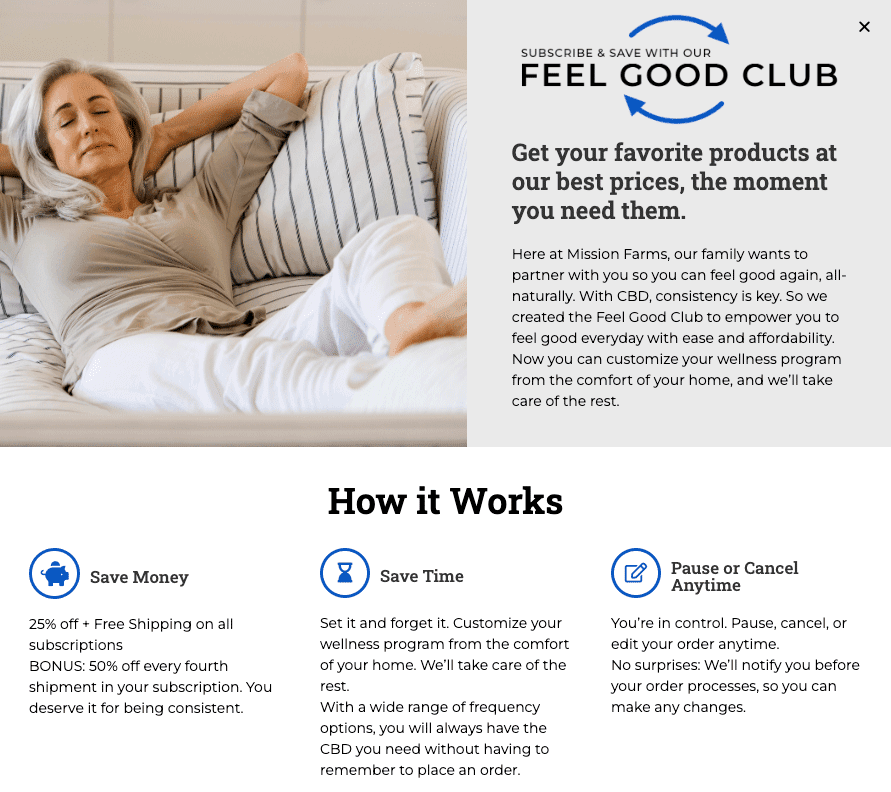Is CBD ok for mental health: Depression? These terms are often searched for together and it a topic of interest. If you’re dealing with depression, you’re not alone. Depression is a complex mental disorder, whether it’s situation-induced or clinical. According to the Anxiety & Depression Association of America, about 14.8 million adults in America suffered from some form of depression in 2020.Symptoms of depression can include (but are not limited to):
- Decrease in appetite
- Lethargy
- Sudden emotional outbursts
- Decreased mood
- Lack of enthusiasm for past favorite activities
- Slowed thought, movement, or speech
- Disturbances in sleep








